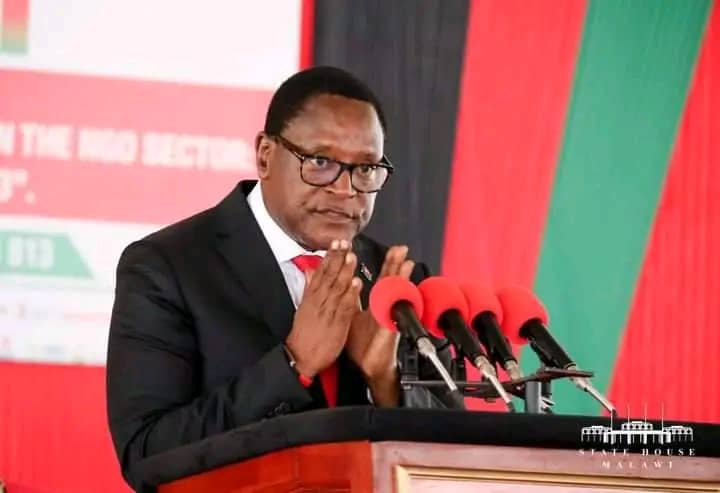By Burnett Munthali
The political clock is ticking faster than ever as Malawi draws closer to the highly anticipated General Elections slated for 16th September 2025.
As the political landscape begins to shape up, the spotlight is gradually shifting to smaller political parties that have, for years, remained in the shadows of the country’s dominant political forces.
These minor parties have often existed more in name than in function, surviving on paper but rarely making meaningful impact on national politics.
For years, many of them have failed to win seats in Parliament or local councils, with their leaders frequently vanishing from public discourse until election seasons draw near.
With the upcoming elections less than six months away, the time has come for these parties to either step up or risk being rendered irrelevant in the new political era.
The era of using party registration as a personal achievement or as a bargaining tool for alliances is quickly fading.
Malawians are increasingly demanding results, accountability, and purpose-driven politics, regardless of party size.
The mere existence of a political party is no longer sufficient; it must demonstrate tangible structures, clear ideologies, and grassroots presence.
Several small parties were formed with noble intentions but have struggled to sustain political momentum due to lack of funding, leadership vacuum, or policy direction.
Some have become mere appendages to larger political parties, entering into alliances that dilute their identity in exchange for temporary visibility.
The danger with this trend is that these parties lose their individual voice and become footnotes in the manifestos of their senior partners.
As a result, their long-term credibility and relevance suffer.
The Malawi Electoral Commission (MEC) has, in recent years, hinted at the need to review the Political Parties Act to ensure that registered parties are active and responsive to the public.
One proposed mechanism is periodic performance reviews to assess whether a political party has fielded candidates, participated in elections, or conducted internal democratic processes.
Failure to meet these basic thresholds could result in deregistration.
This approach is gaining traction as a way of cleaning up the political space and ensuring that only serious political actors occupy the national stage.
The 16th September 2025 elections will serve as a litmus test for small parties to demonstrate their significance.
They must show that they can field viable candidates across the country, engage in issue-based campaigns, and contribute to shaping the national agenda.
The ability to mobilize supporters, present credible manifestos, and participate in debates will determine whether these parties have matured or are still political spectators.
In an environment where the cost of running a political campaign is high, smaller parties must also show innovation and strategic thinking.
Relying on traditional campaign methods will not suffice.
They must embrace social media, grassroots mobilization, and community engagement to remain relevant.
Moreover, the public is growing weary of political parties that emerge during election time only to disappear after the results are announced.
Sustainability, consistency, and post-election presence are now critical metrics for political legitimacy.
The upcoming elections are not just a race for votes but a contest for long-term survival.
Small parties must also redefine their messaging and ensure it resonates with key demographics, especially the youth and rural voters.
These groups are often ignored yet make up the majority of the electorate.
To ignore them is to sign a political death sentence.
At the same time, it is not impossible for smaller parties to rise.
History has shown that political underdogs can gain traction with the right strategy, message, and leadership.
Parties like the UTM rose to prominence through bold ideas, charismatic leadership, and clear differentiation from traditional political norms.
This proves that growth is possible for any party that is willing to work, organize, and commit to long-term nation-building.
In conclusion, the road to 16th September 2025 offers both a challenge and an opportunity for smaller political parties in Malawi.
They can either seize this moment to transform into viable alternatives or fade into political oblivion.
The days of being registered without relevance are coming to an end.
Malawians want substance, not symbols.
The time to prove political worth is now — or never.




